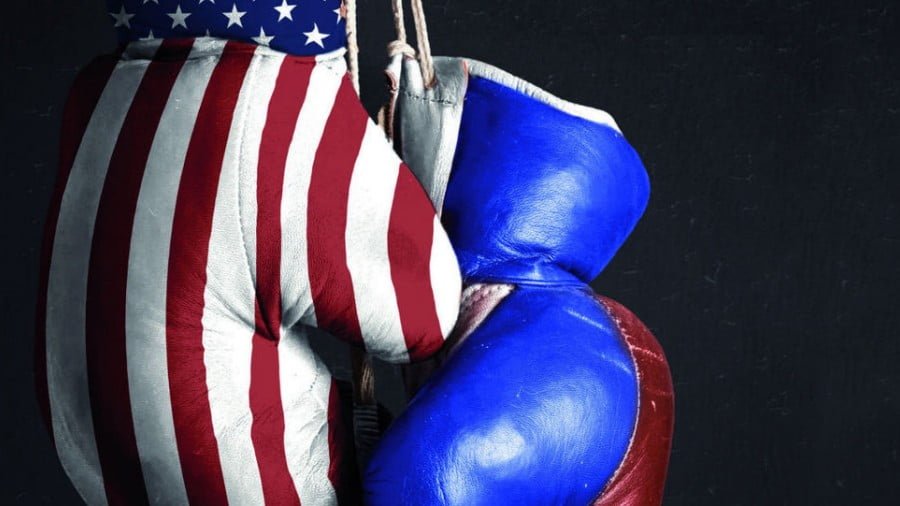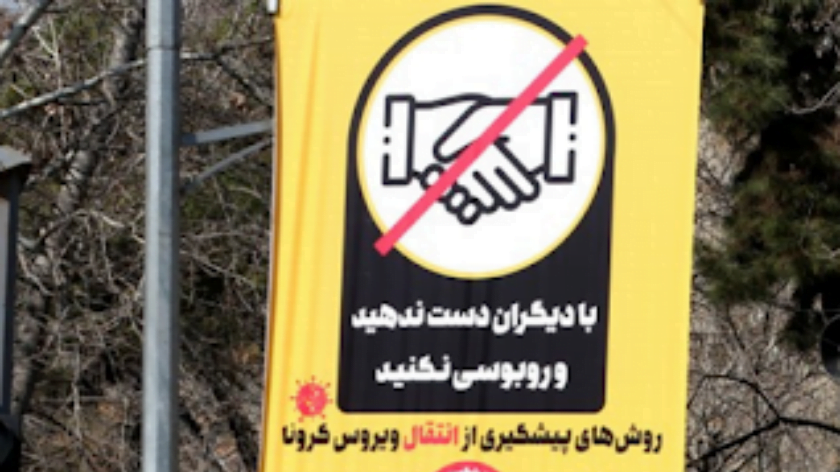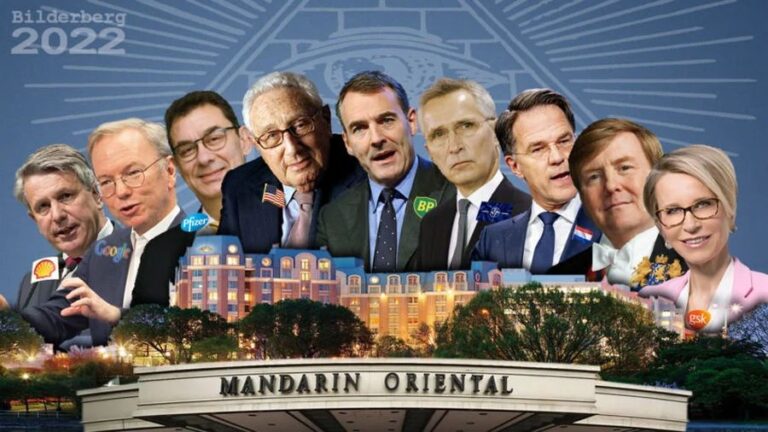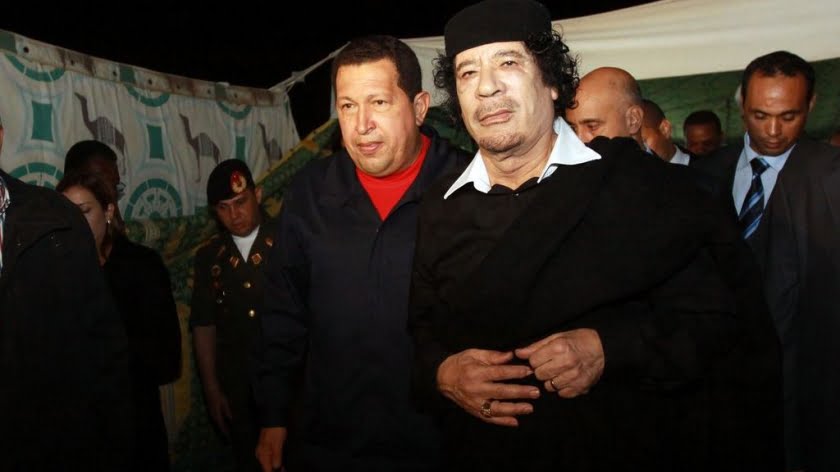War with Russia? Is This Really What They Want?
It was said of Roman senator and rigorous proponent of Roman virtue, Cato the Elder, that he would end his speeches in the Senate with the mantra, Cathargo delenda est (Carthage must be destroyed).
For Cato and his supporters, the very existence of the North African seafaring merchant power was a dagger pointed at the heart of a Rome and an impediment to its imperial ambitions. In the end Carthage was destroyed — literally — by the Romans at the end of the Third Punic War (149-146 BC), whereupon its surviving inhabitants were sent into slavery and the city-state was consigned to the proverbial dustbin of history.
In 2018 there is a concerted effort underway to bounce the West into conflict with Moscow on no foundation other than Russia must be destroyed. The anti-Moscow and anti-Putin invective unleashed in response to the nerve agent attack against former Russian military intelligence colonel and MI6 asset Sergei Skripal is merely the latest instalment of an irrational and by now frightening fever of anti-Russian hysteria, cultivated and promoted by a clutch of Western ideologues and neocons throughout the West and former Soviet bloc states in eastern Europe.
Russiagate in the US, which at this writing is yet to produce a sliver of concrete or compelling evidence of Russian interference in the 2016 US presidential election, now finds its equal in the UK with lurid accusations of Russian involvement in the 2016 EU referendum, which resulted in Brexit.
Russian President Vladimir Putin — who by way of a timely reminder is an elected leader, unlike Crown Prince Mohammed Salman of Saudi Arabia, de facto head of a state in which barbarism and religious extremism rather than democracy reigns, yet for whom the red carpet was rolled out by Downing Street recently – has joined the pantheon of leaders who have dared refuse to bow to the writ of the West and as a consequence have found themselves depicted as latter day Genghis Khans, their every breath a threat to Western civilization.
And yet lost in the framing of this anti-Putin and anti-Moscow caricature by its authors and adherents, is the fact that the parlous state of relations between Moscow and the West in 2018 is the product of the catastrophic failure of the West’s post-Soviet policy upon communist behemoth’s demise in the early 1990s. As US scholar and Russia expert, Stephen F Cohen, writes of this failure: “The most fundamental [mistake of the West’s post-Soviet thinking] was to treat post-Communist Russia not as a strategic partner but as a defeated nation, analogous to Germany and Japan after World War II.”
The inevitable consequence of this narrative – that the Cold War had been won by the US and its allies rather than ended by mutual agreement between Moscow and Washington – the ensuing misplaced triumphalism led to a stance of ‘to the victor the spoils’.
And what were those spoils?
Economically, they manifested in the imposition of a vast and disastrous free market experiment, otherwise known as ‘shock therapy’, the result of which was not the transformation of a stagnant and sclerotic state-owned economy into a lean, efficient and dynamic free market alternative, but instead economic and social Armageddon.
In her peerless work, The Shock Doctrine, Naomi Klein sets out in forensic detail its human impact: “In 1989,” she writes, “before [free market] shock therapy, 2 million people in the Russian Federation were living in poverty, on less than $4 a day. By the time the shock therapists had administered their ‘bitter [economic] medicine’ in the mid-nineties, 74 million Russians were living below the poverty line, according to the World Bank.”
Geopolitically and militarily, the spoils of the West’s supposed triumph in the Cold War was exploited to justify NATO’s eastward expansion, violating verbal agreements given to Mikhail Gorbachev and his government at the time guaranteeing that no such eastward expansion would entail. Yet entail it did with the accession of ten former Soviet republics and/or Soviet bloc countries joining the Western military alliance between 1999 and 2004.
Furthermore the short-lived conflict between Georgia and Russia in 2008 broke out when, in the view of the Kremlin, the West attempted to use the former Soviet republic, which was led at the time by the Reaganite fanatic Mikhail Saakashvili, as a cat’s paw the with the objective of paving the way for its accession to NATO also. Same with the coup in Ukraine in 2014, which was actively supported by the West, toppling a democratically elected government and leading directly to civil conflict and full-blown crisis that has blighted the Ukrainian economy and polarized its people.
The point is that in 2018 we now have NATO troops and aircraft deployed all the way up to Russia’s western border; the same border over which Hitler’s Nazi war machine invaded the country in 1941 at the start of the most brutal and devastating war of any in modern history, during which an estimated 27 million Soviet Russians perished. Do Western hawks and ideologues not see any problem with that? Do they not recognize why this has stirred such deep disquiet and anger in Moscow? There is also now a missile defence shield operational in Romania, deployed in 2016 over the protestations of Moscow and its justifiable and legitimate concerns over the threat it poses to Russia’s security.
What we describe as containment, Moscow considers encirclement. What we describe as the spread and growth of Western democracy, Russia considers the spread and growth of Western imperialism. Those 800 US military bases in 70 countries, is their function really to make the world safe for democracy? Or is their primary function to make it safe for the ability of Western corporations to plunder the planet’s human and natural resources? If the oft-repeated words of New York Times columnist Thomas Friedman are to be believed, the matter is not in doubt: “The hidden hand of the market will never work without a hidden fist — McDonald’s cannot flourish without McDonnell Douglas, the builder of the F-15. And the hidden fist that keeps the world safe for Silicon Valley’s technologies is called the United States Army, Air Force, Navy and Marine Corps.”
When Putin unveiled the next generation of Russia’s nuclear missiles during his address to the Russian Federal Assembly, it marked the nadir of East-West relations in the post-Soviet era, reflective of the opportunity lost for a world underpinned by mutuality, partnership, and respect for national sovereignty. Instead we have had war and conflict without end, regime change in place of diplomacy, and unipolarity synonymous with hegemony rather than multipolarity synonymous with the Westphalian principles implicit in the UN Charter.
Whoever attacked Mr Skripal and his daughter with nerve gas in Salisbury, England, it was a heinous crime. However the alacrity with which it has been exploited to launch jeremiads at Moscow, up to and including pugnacious declamations about the need to confront Russia, illustrates the extent to which for many within the Western media and political establishment, Russia can only ever be conceived of as a vanquished foe or a deadly foe that needs to be vanquished. It confirms indeed that of Cathargo Delenda Est is now the beating heart of Western foreign policy.
Given how reckless, dangerous and volatile relations between Russia and the West now are, they should be careful what they wish for.







